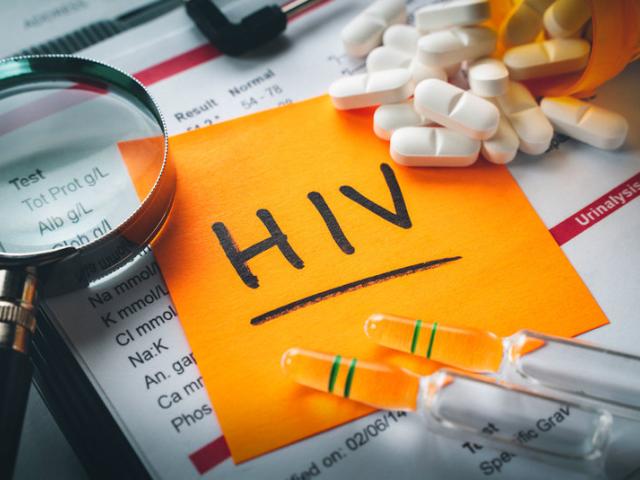A groundbreaking HIV clinical trial in Africa has demonstrated that some women can control the virus without antiretroviral therapy for extended periods after receiving a combination of treatments, marking a significant step towards a potential HIV cure.
The clinical trial, dubbed FRESH and conducted in Durban, South Africa, revealed that four out of 20 women with acute HIV infection have remained off antiretroviral therapy for approximately 18 months while maintaining undetectable viral loads and normal CD4 counts.
“We are still closely monitoring them, but at least it shows that in some people, even just a small percentage, this intervention seemed like it worked,” said Prof Thumbi Ndung’u, director for the Sub-Saharan African Network for TB/HIV Research Excellence and one of the lead researchers.

The Kenyan scientist is one of the researchers in this trial. He presented the results of the study at the 2025 Conference on Retroviruses and Opportunistic Infections in San Francisco, US last week.
The study utilised a combination immunotherapy approach. First, researchers provided participants with antiretroviral therapy for at least one year to suppress the virus and preserve immune function. They then administered immunotherapy involving broadly neutralising antibodies that block HIV from attacking cells, combined with a toll-like receptor 7 agonist to enhance immune cell response against the virus.
After treatment interruption, participants fell into three groups: those whose virus rebounded quickly (within 16 weeks), those who controlled the virus for 16-44 weeks before requiring antiretroviral therapy, and those who maintained control for the entire 48-week study period without medication.
Complete cure
In a zoom interview with nation.africa, Prof Thumbi explained that while there have been other HIV cure studies done elsewhere outside Africa –with some leading to complete cure or eradication of HIV – those studies involved very complex medical procedures like bone marrow transplant, which are not feasible for public health.
“We call it combination because, first of all, we gave the participants antiretroviral drugs to help in suppressing the virus. It also helps in preserving the person’s immune system. And then we give the immunotherapy. These are drugs that can directly kill the virus or mobilise other cells within the body through the immune system,” he explained.
“This study shows that simpler methods like immunotherapy can be used. It’s the first time in Africa and it was done in women. Most other studies have been done in men,” he said.
The other part of the combination was the use of a drug called a toll-like receptor 7 agonist, which helps immune cells in the body become better in fighting the virus. After that, the scientists interrupted treatment to see whether the virus would rebound.
“We had six of those people. Four of them are still off antiretroviral therapy, and they are controlling the virus without antiretroviral therapy. Those individuals, on average, have been off antiretroviral therapy for about one and a half years now.
“We are still closely monitoring them, but at least it shows that in some people, even just a small percentage, this intervention seemed like it worked,” he added.
Prof Thumbi assured that the four people are completely healthy, at least for now.
“We monitor their viral load and their CD4 counts. Their viral load is undetectable. And their CD4 counts are normal. They haven’t met the ART restart criteria,” he said.
As the researchers continue to monitor the women, they still don’t know how long they will be off the HIV drugs.
Since the intervention only worked in fewer participants, Dr Thumbi explains that they are not planning to roll it out to other people.
“We are doing some laboratory studies in those four people to find out why they controlled the virus without antiretroviral therapy. We hope that that kind of knowledge will help us to develop better interventions in the future.
“What we are now studying is why the 16 did not control? Is there something that is different in terms of the immune responses between those two groups?”
Prof Thumbi said the study paves the way for this kind of work to be done in Africa.
“We are going to see more of such studies in Africa and more advances that are leading to a cure. With this study, we are moving closer to controlling HIV without the need for antiretroviral therapy, but that is going to be a long process,” he said.
Zimbabwe Latest News today, Dandaro Online
hshikanda@ke.nationmedia.com







